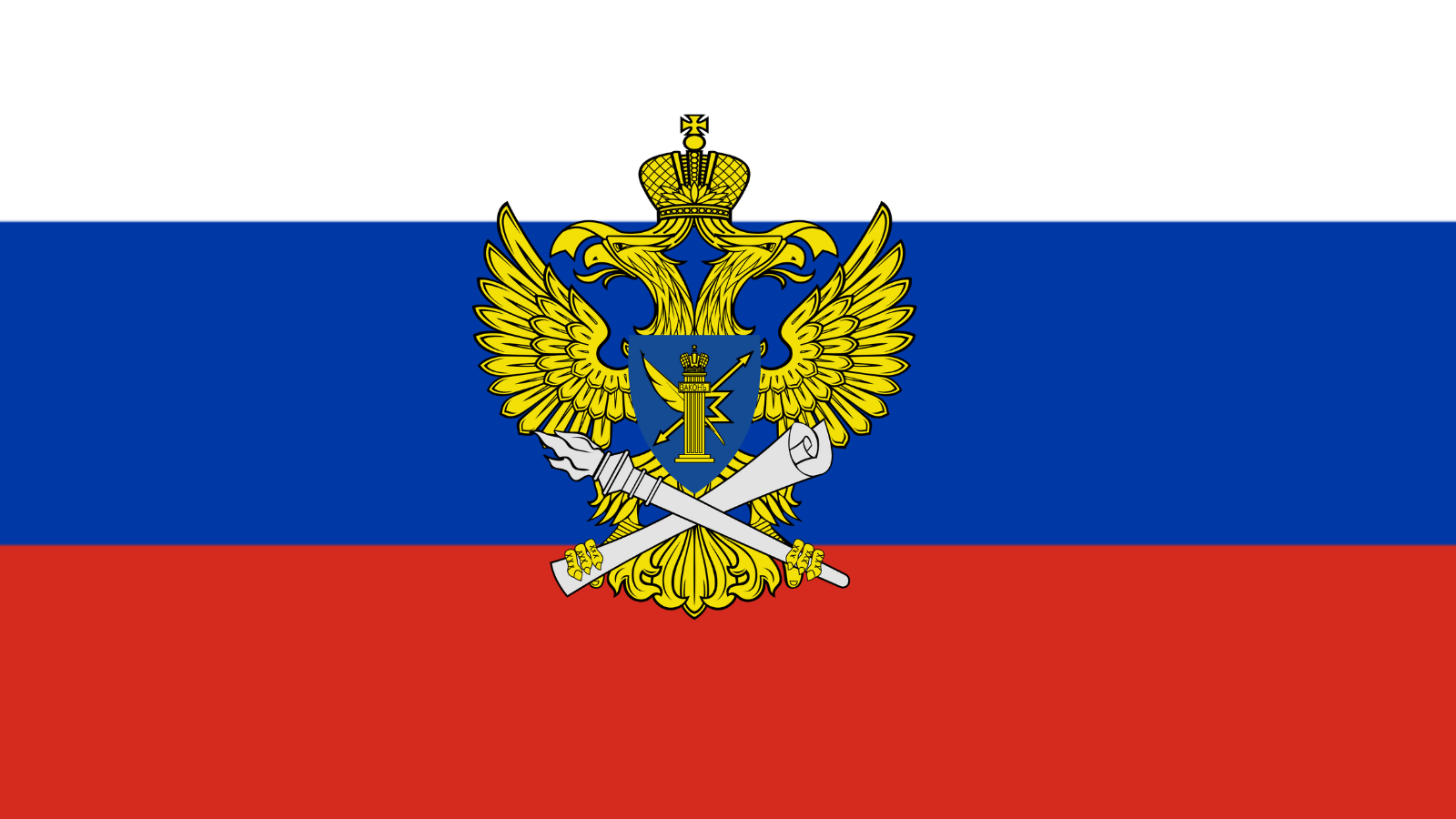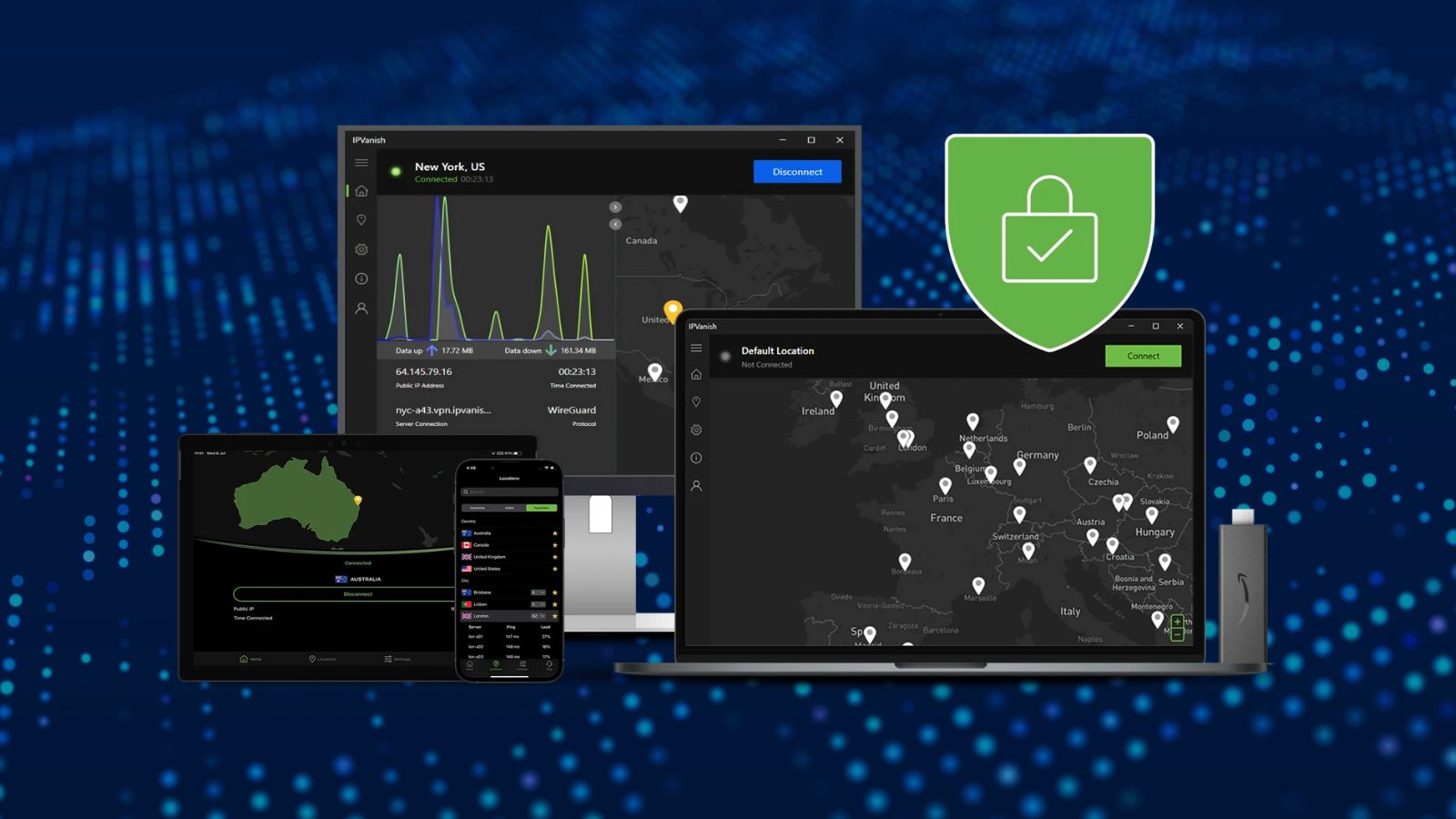
Norway Imposes Worrying Internet Restrictions That Push People to VPNs
- Norway continues to impose internet restrictions, and people continue to turn to VPN solutions.
- The country is satisfying the demands of the MPAA and other copyright holders or their representatives.
- ISPs are blocking a large number of domains at the DNS level, so people can bypass the blocks through VPN tools.
The Norwegian government continues to impose internet access restrictions that don’t match the country’s stance on matters of freedom of speech in general. Yet, somehow, they find fertile grounds in the decision-making circles. In many cases, these restrictions are justified as they concern gambling sites that don’t have the required license to provide services to users based in Norway or disturbing material.
However, the ISPs are increasingly called to block a wider scope of net platforms, including several data sharing websites, piracy havens, and streaming platforms. The situation is similar for sites that host content relevant to eating disorders, violence, animal cruelty, and also political extremism. Many of these blocks are ambiguous, so freedom of speech advocates in the Nordic country are expressing their dire concerns.
Even though Norwegian ISPs comply with the DNS-level blocking orders, it doesn’t mean that their subscribers are prevented from accessing the websites via VPN. According to Surfshark, this is precisely the reason why VPN adoption in Norway is going through a meteoric rise, as people use them to mask their real IP address and pretend they’re based in another country. Also, the ISPs aren’t able to detect which websites the users are visiting, so these people minimize the chances of getting into any kind of trouble.
This all sounds weird when Norway is put into context, but the truth is that it's hardly the only liberal European country that has placed internet access restrictions for its people. As experts who follow up these developments closely point out, all European governments are succumbing to pressure exerted by “special interest groups” - like the MPAA (Motion Picture Association of America), for example. This has been the case for at least five years now, and it is getting worse, no doubt.
While many of the blocks imposed by the Norwegian authorities have a solid logic behind them, there’s always the problem of where to draw the line with internet censorship. There’s just no way to measure the weight of the pros and cons when restricting access. “Solomonic solutions” are never the answer, and the best way to deal with a problem is to let everything open and accessible.
If there are risks in gambling, offer help to the specific categories of people who are struggling with addiction. If piracy is illegal and also harmful to the economy, educate people on the repercussions. Protection can’t come at the cost of freedom, and there is no threshold or level considered acceptable.









